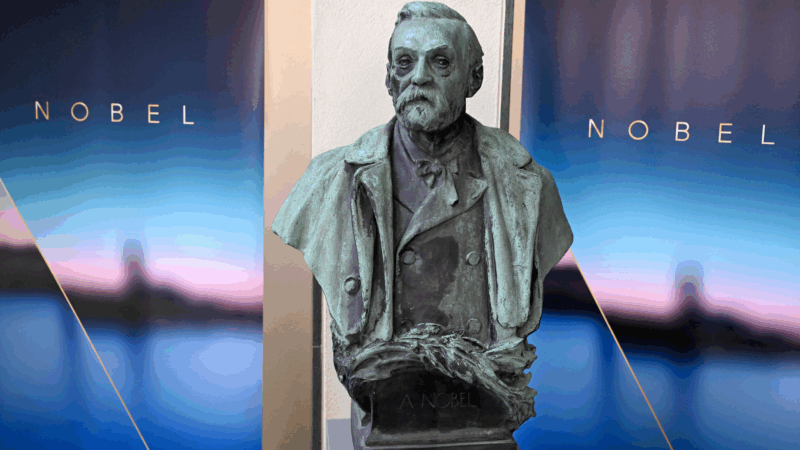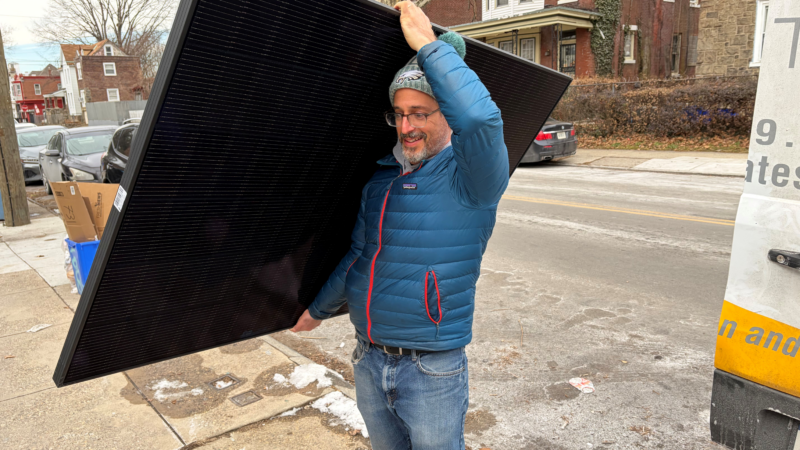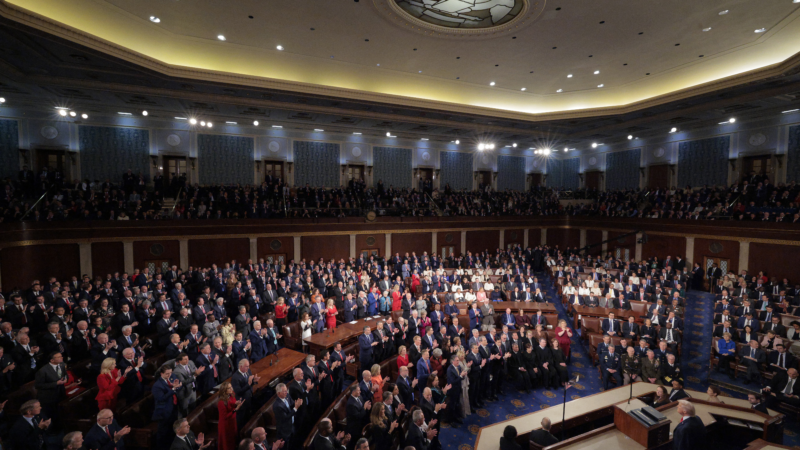3 share Nobel Prize in Economics for work on technology, growth and creative destruction
The Nobel Prize in economics was awarded to a trio of researchers Monday for their work on how cycles of technological innovation feed economic growth.
Joel Mokyr of Northwestern University, Peter Howitt of Brown University and Philippe Aghion of the College of France and the London School of Economics will split the prize money of 11 million Swedish kroner, or about $1.2 million.
All three men were born outside the United States, but each received his doctorate from a university in the U.S.
Mokyr pioneered a theory of how technological change and improvement has helped to fuel two centuries of growth and higher living standards. Howitt and Aghion followed up with a theory on how creative destruction allows one technological advance to give way to another, so what’s a breakthrough in one generation is obsolete by the next.
The economists note the importance of managing the change caused by innovation by creating safety nets for the people whose work is becoming obsolete, so that conflict doesn’t stifle growth.
“The laureates’ work reminds us we should not take progress for granted,” said Kerstin Enflo of the Nobel committee. “During the last 200 years, the world has seen more economic growth than ever in human history. This growth has increased our living standards in so many different ways. But still 200 years is a short period compared to the long history of stagnation we saw before.”
During the awards announcement, Aghion cautioned that the Trump administration’s protectionist trade policies could be a roadblock to further advances.
“Openness is a driver of growth,” Aghion said. “Anything that gets in the way of openness is an obstacle to growth. So I see dark clouds currently accumulating, pushing for barriers to trade and openness.”
He also stressed the need to reconcile economic growth with environmental preservation, and to promote competition in artificial intelligence.
“Firms do not spontaneously innovate green,” Aghion said. “If they used to innovate in dirty technology, they will continue to innovate in dirty technology,” unless redirected with policies such as a carbon tax.
While Aghion sees strong potential in artificial intelligence, he warned that without careful policing, “superstar” firms might dominate the field and block the entry of future competitors.
The original Nobel Prizes — in physics, chemistry, medicine, literature and peace — have been awarded since the turn of the last century, in keeping with the wishes of their namesake, the inventor and businessman Alfred Nobel. The economics prize was added almost 70 years later, to mark the tercentenary of Sweden’s central bank. The prize is technically known as the Sveriges Riksbank Prize in Economic Sciences in Memory of Alfred Nobel.
When a horse whinnies, there’s more than meets the ear
A new study finds that horse whinnies are made of both a high and a low frequency, generated by different parts of the vocal tract. The two-tone sound may help horses convey more complex information.
Trump’s many tariff tools mean consumer prices won’t go down, analysts say
The Supreme Court struck down President Trump's signature tariffs. But the president has other tariff tools, and consumers shouldn't expect cheaper prices anytime soon, economists say.
Hundreds of American nurses choose Canada over the U.S. under Trump
More than 1,000 American nurses have successfully applied for licensure in British Columbia since April, a massive increase over prior years.
Tax credits for solar panels are available, but the catch is you can’t own them
Rooftop solar installers are steering customers toward leases instead of purchases. Federal tax credits for purchased systems have ended but are still available for leased ones.
5 takeaways from Trump’s State of the Union address
President Trump hit familiar notes on immigration and culture in his speech Tuesday night, but he largely underplayed the economic problems that voters say they are most concerned about.
China restricts exports to 40 Japanese entities with ties to military
China on Tuesday restricted exports to 40 Japanese entities it says are contributing to Japan's "remilitarization," in the latest escalation of tensions with Tokyo.







